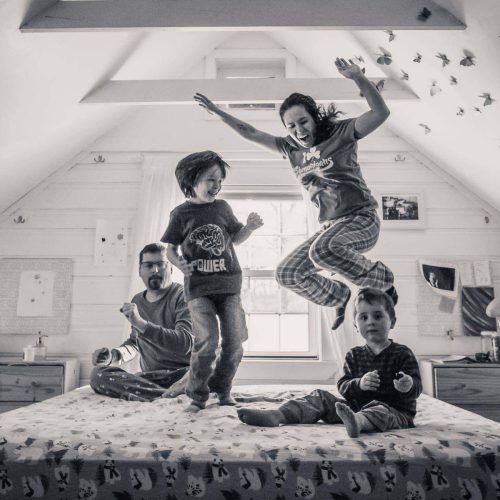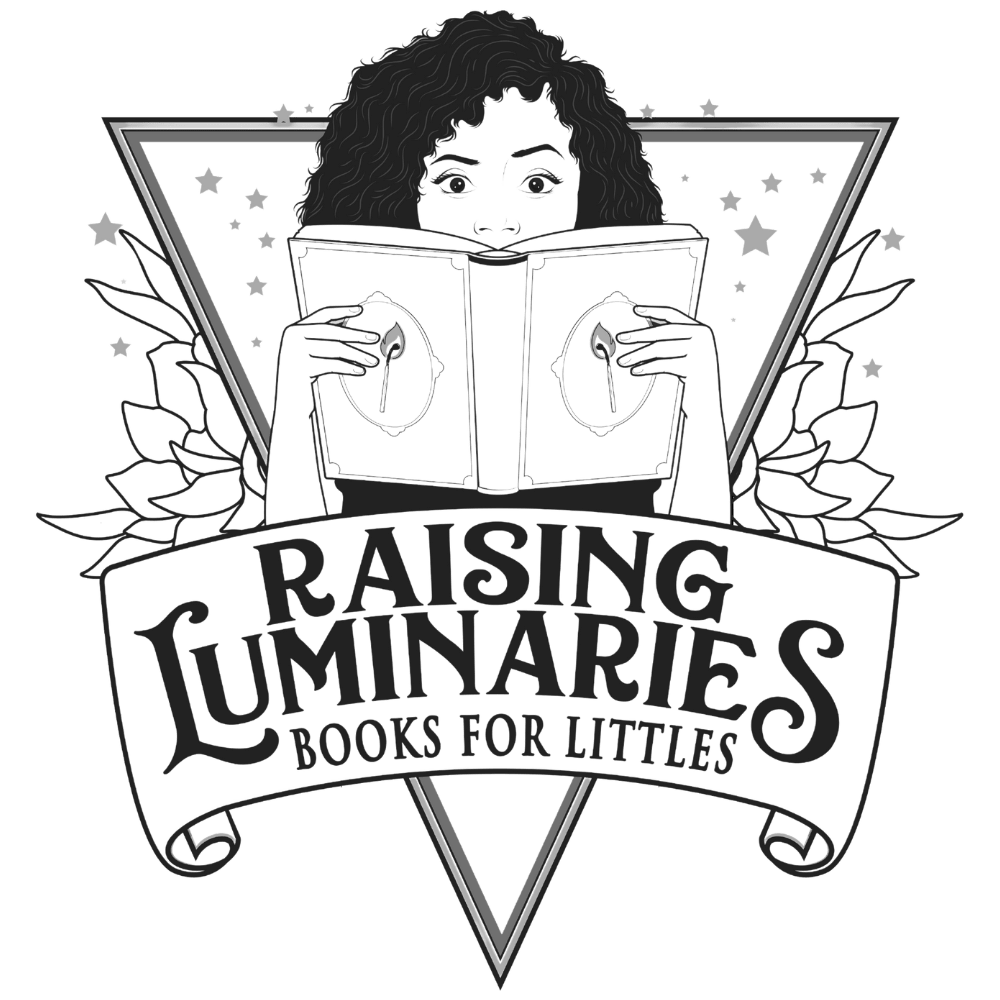Raising Luminaries & Books for Littles are free and accessible for readers who can’t afford a paywall. Since we’re a contribute-what-you can community, I try to fill in the gaps with affiliate links. Posts may contain affiliate links, which allow me to earn a commission at no extra cost to you. Check out the full affiliate disclosure along with my statement of accountability.
Let’s explore mental health
GOALS: Destigmatizing Mental Health Challenges, dismantling sanism & setting a model for self-care!
One day, this will be an expansive set of 1-2-3 steps, but for now, we’ll just have to muddle through this pile of awesome resources:
Shortly after the pandemic isolated us, I acknowledged how over-extending myself was not an excuse for getting sloppy and not showing up in my best form. Even though my survival depends on our progress to a small degree – this work is a choice. So I’ve taken steps to learn to say ‘no’ to [some] of that stuff that drains my spoons so I can do a better job providing the tools you need to raise kind and courageous kiddos. It isn’t fair to spread ourselves too thin, as we perpetuate harm when we do that.
From our May 2020 Resource recap:
I think I’m not alone in failing to recognize when we slip into bad habits like that and take on too much. We’re so busy focused on the folks who have less, those who need our help, and on not losing the things we have, that we forget to take responsibility for body & mind check-ins and taking the time to setup accommodations for our disabilities / mental health.
That’s not an excuse – it’s a recognition. We habituate to over-extension, and particularly for folks with compulsion disorders like myself, we just double down on self-harming behavior. Recognizing that is my responsibility. Taking care of myself so I don’t mess up and create setbacks in the movements I’m working toward – is also my responsibility. That means I’ve got to name it (you are here) and take responsibility for collecting myself – so I prevent myself from doing harm.”
Both together with the Luminary Brain Trust and independently, we followed through on those promises. We unpacked trauma stewardship, disengaged from toxic social media culture, strengthened our pod relationships, celebrated and vented and acknowledged the resources we needed to move forward and hold ourselves accountable.
We’ve unpacked books. Found therapists! Written, scratched-out, adjusted, and amended accountability procedures, boundaries and actions that we will do (and refuse to do!) so that when the world zigs, we can zag and keep showing up together, in all our stumbling hot mess glory.
The State of Destigmatizing Mental Health Conditions/Challenges (MHC) in Kidlit These Days
Okay, so here is the thing – anti-sanism hasn’t gotten trendy in the kidlit community, so we’re still at the ‘hahaha let’s stigmatize people with MHCs as funny/dangerous” or “let’s pretend MHCs don’t exist and hope they go away’ level of representation.
All but the most didactic, bland, non-fiction books are written for kids who are not experiencing mental health challenges, to help them… ‘deal with‘ (I can’t think of a better way to say it – that’s what this feels like) family or friends who have a MHC.
Lots of people without MHC, writing books for people without, about people with MHC. As if people with MHCs have no ability or interest in their own reflection and care, they must rely on others to read about them… and rely on trickle-down representation for quality and justice, I guess. All the problems with disability kidlit, minus 5 years of progress, exponentially applied.
What’s beyond that one awkward library corner shelf where you can find didactic, bland, pathetic stories about childhood anxiety and parental PTSD intermixed with fairytale adoption stories? Let’s talk about all the other books for kids, and the stories they tell kids about people with MHCs.
When characters with MHCs show up in books about growth, fantasy, and fun, they’re:
- Comic relief sidekick who is lovable despite *quirks*
- Bad guy villain plot twist revealed to have underlying deep issues that somehow justify abusive behavior
- A pathetic friend-in-waiting to rescue, always with a heart of gold
- A parent doing bad parenting
- As the protagonist: a child between the ages of 8-12, who is overcoming their MHC to the exclusion of caring about anything beyond wrestling and recovery and shallow token hobby to seem more relatable.
A staggering majority of books written for the enjoyment and edification of kids employ casual sanism for humor, particularly in books for kids 7+. Even books promoting disability inclusion rely on pejorative potshots, labeling dangerous, odd, or frightening behavior as “crazy,” “insane,” “demented,” etc. to distract readers from poor character development and lazy jokes. If there is an older person in the story, they’re usually experiencing some form of dementia or make self-depreciating jokes about senior moments. Almost all the older people need to be saved by kids who haven’t had enough life experience to file taxes or troubleshoot a leaky toilet.
Of the books that do try to address MHCs beyond cheap humor, most of these didactic, boring books are still centered in sanism, suggesting that people with MHC are flawed and incapable of living a reasonable life. Or really thinking of anything beyond how to ‘recover’ from their MHC. Like disability kidlit, library shelves are full of ‘expert‘ authors who don’t openly identify personal experience with MHC, but did pay for fancy degrees so they could decorate their bylines with lots of letters and Official Resume Titles.
I can understand why an author might not want to disclose a personal MHC on a jacket flap, but I think we all know by now how a gatekeeper in publishing salivates at phDs in clinical depression, but winces at the thought of boosting the voice of a person with actual clinical depression who wants to say anything beyond “How I got rid of it.”
The focus in these books is to separate the child from the diagnosis, as if their experiences, senses, and emotions are dirty, shameful things that don’t deserve treatment until the child can distance themselves from the stuff that is going on inside their own brains. All of this supports the dominant narrative that folks with MHC are only worth supporting if they keep those eyes on the prize of recovery to a baseline of zero issues (is that even a thing? Can a real human have zero issues?) – as if navigating school, work, friendship, and getting into or out of bed each day isn’t a series of triumphs to be proud of unless you do it while regulated, content and happy.
This just feels so very…American. The singular focus on unadulterated, purchased, bland, conformative joy, the medical pathologization of everything a human experiences, and the urgent need to get away from who and where you are right now, so you can be someone healthier, shinier, and more palatable as soon as possible.
I have no quicks-start book lists for you at the moment, so we will have to settle with cobbling together your own discussions from the archives. If you found a good one, add your recommendations in the comments.
Broad discussions & stories to support an anti-sanism framework with positive psychology & pro-social scaffolding:
- Validating Big Feelings Because there are no such thing as bad feelings or good feelings – they are all helpful and important.
- After reading Hedy Lamarr’s Double Life, the Earthquakes had a nice discussion about the power of artists in sustaining communities through hard times, such as war and resistance. From there, check out books cultivating hope & fantasy and our in-progress collection of Books that Legit Made the Earthquakes Laugh.
- Normalizing Radical Interdependence – those feel relevant too, in terms of meeting folks as they are instead of tugging them to be something else.
- Books for Kids Examining Self-Identity, Acceptance & Worth
- Blueloon: Unpacking sanism in kidlit
(Update: the publisher of Blueloon tried HARD to pull this review down and wasted months of my precious time but HAHAHA FREE SPEECH, JERKS.)
Books for specific challenges:
- Validating & Helping Kids With Anxiety
- Separation Anxiety & Parting Grief – Validating Books For Kids
- Understanding the difference between Envy & Jealousy and Helping kids navigate jealousy
- Hitting: When your kid is the aggressor
- Validating frustration with feeling small & powerless
- Whining, Tantrums & Outbursts: Books to Help Kids Chill
- How to talk to kids about shootings – Picture books that help
- Books to support kids experiencing or learning about physical violence & global conflict
- Books to support families experiencing domestic violence
- Validating Stories For Adopted Children Who Have Experienced Trauma
- On patreon: 7 Tools To Support You Through Mental Health Acceptance Month
- For kids with a caregiver experiencing a mental health crisis: Mommy Sayang



